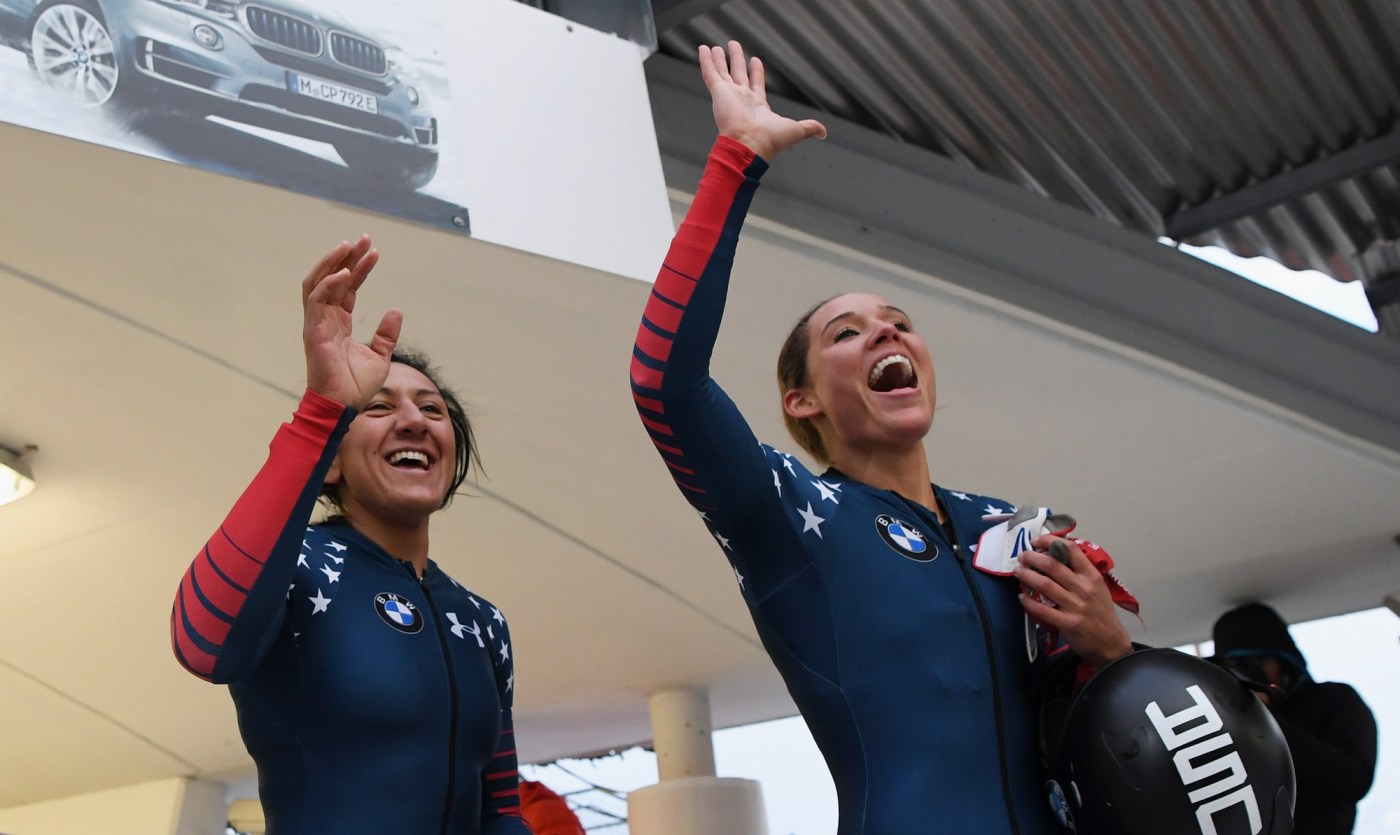Team USA world champion bobsledder Lolo Jones has regained access to the U.S. Olympic and Paralympic Training Center (OPTC) in Lake Placid, New York. This decision comes nearly five months after Jones was banned following a verbal altercation with a sports medicine staff member. The incident occurred after she was denied medical treatment, a situation that has since been acknowledged as mishandled by the U.S. Olympic & Paralympic Committee (USOPC).
An attorney for the USOPC informed Jones on July 3 that she would be allowed to use the facilities, including housing, the weight room, and sports medicine services, for a USA Bobsled and Skeleton high-performance camp starting July 24. This decision was contingent upon a request from USA Bobsled and Skeleton (USABS) for her access. The notification came just a day before the application deadline for the camp, eight weeks after Jones sought mediation, and seven months before her potential participation in the 2026 Olympic Games in Milan-Cortina.
Background of the Ban
The suspension, which began on March 1, was a result of a confrontation between Jones and John Faltus, a top official at the USOPC Medical Clinic. The dispute arose after Jones was informed that her scheduled treatment was canceled without explanation, just days before the World Championships in Lake Placid. Jones, who was suffering from a training-related back injury, expressed her frustration by allegedly swearing at Faltus, which led to her ban from the facility.
Despite the severity of the response, the USOPC did not conduct a thorough investigation, according to Jones and her supporters. They argue that the decision to suspend her was excessive and lacked a clear violation of the OPTC Code of Conduct. The code vaguely addresses unacceptable behavior but does not specifically mention swearing or verbal altercations.
Criticism and Support
Jones’ suspension has drawn criticism from fellow Olympians and Team USA members, who describe the action as arbitrary and retaliatory. John Manly, Jones’ attorney, has been vocal about the need for a comprehensive review of the USOPC’s medical system, citing this case as a clear example of systemic failure. He criticized USOPC board member Dr. Vivek H. Murthy, the former U.S. surgeon general, for not taking an active role in addressing these issues.
“The USOPC has made a big deal about how ‘we care for athletes’ after Nassar,” Manly said. “In reality, nothing has changed. (Murthy) has taken no active role in understanding why the (USOPC) medical system is so bad.”
The USOPC has not responded to multiple requests for comment on the matter. Meanwhile, Jones has had to bear significant financial and emotional burdens due to the suspension, spending approximately $100,000 on medical and training expenses. She has been training at LSU, her alma mater, during this period.
Medical Concerns and Future Implications
Jones’ medical issues have been a significant concern. She was initially denied treatment for her back injury, which was later diagnosed as a herniated disc with a disc bulge and tears in her L3, L4, and L5 vertebrae. This denial of treatment has raised questions about the adequacy of medical care provided to athletes at the OPTC.
“One massage a week for 50 minutes for one of our top Olympians,” Manly said. “If you get hurt in prison, you get an MRI. The medical system in the federal prison system is literally better than the USOPC’s. What are we doing?”
As Jones prepares for the upcoming camp and her potential participation in the 2026 Olympics, the situation highlights broader issues within the USOPC’s handling of athlete care and conduct policies. The reinstatement of her access to the training center is a positive step, but it underscores the need for systemic changes to prevent similar incidents in the future.
Jones’ case serves as a reminder of the challenges athletes face beyond the competitive arena, particularly in navigating the complex and often opaque systems that govern their training and well-being. As she looks forward to her fourth Olympic appearance, the lessons from this ordeal may pave the way for reforms that ensure better support for all athletes.
